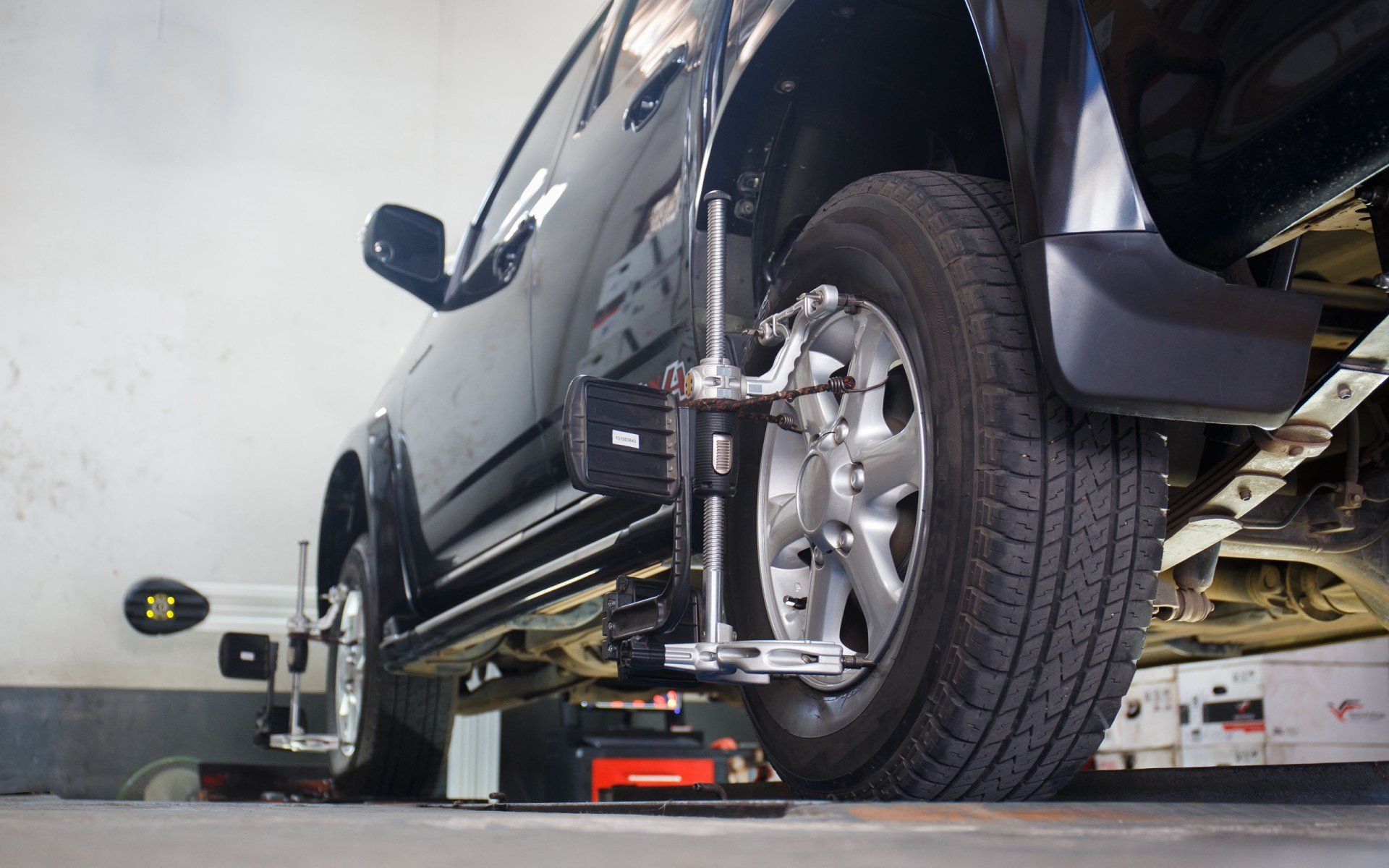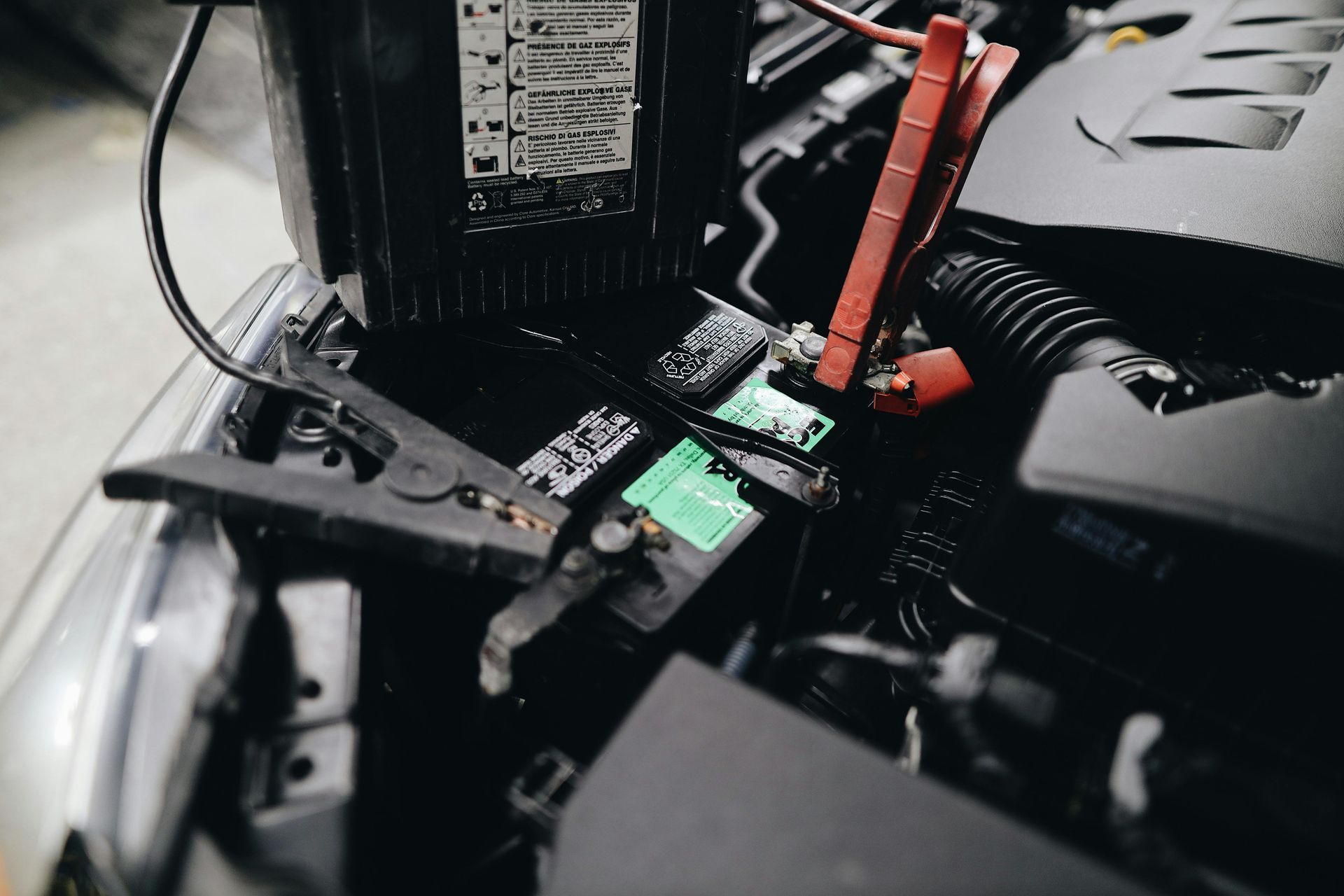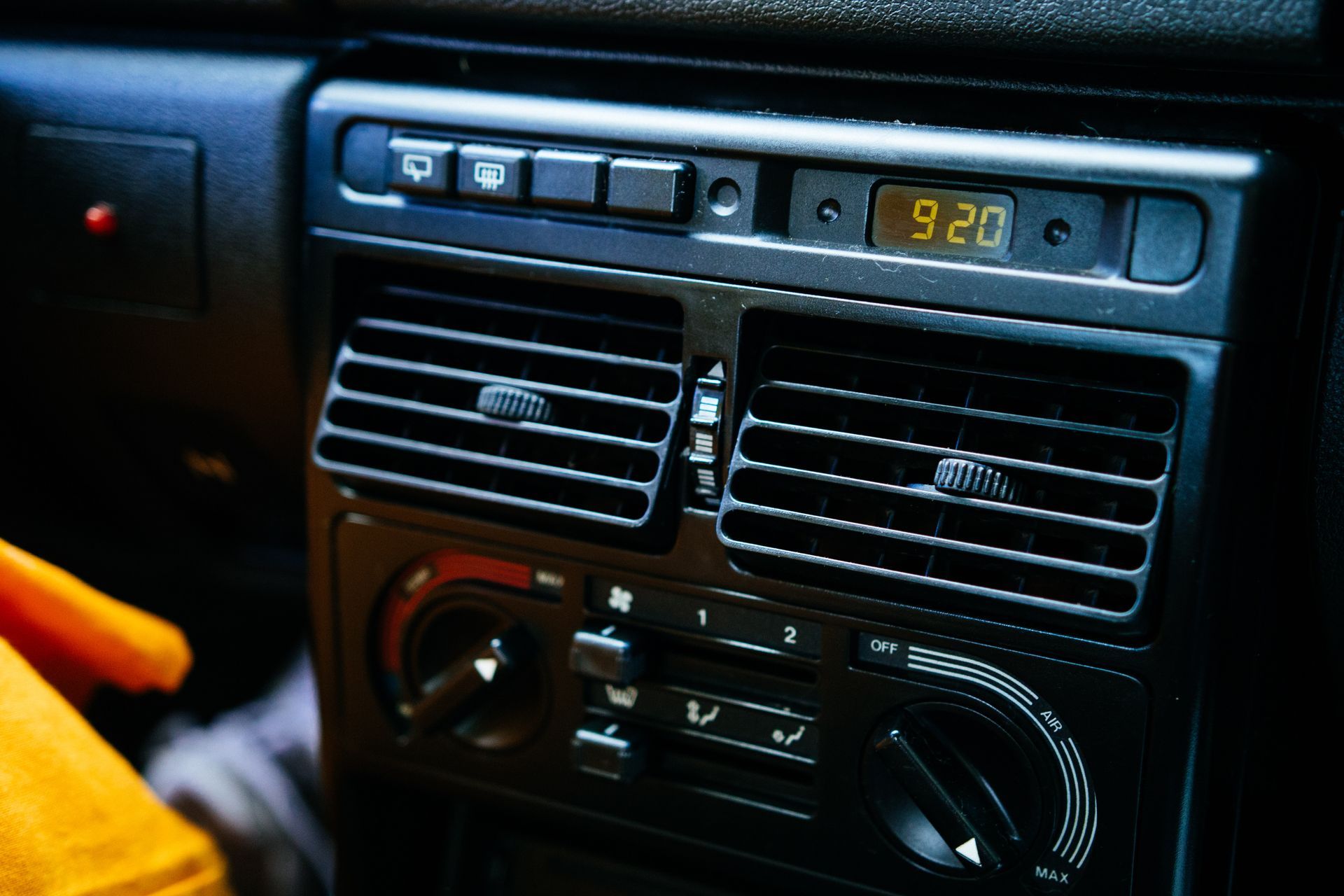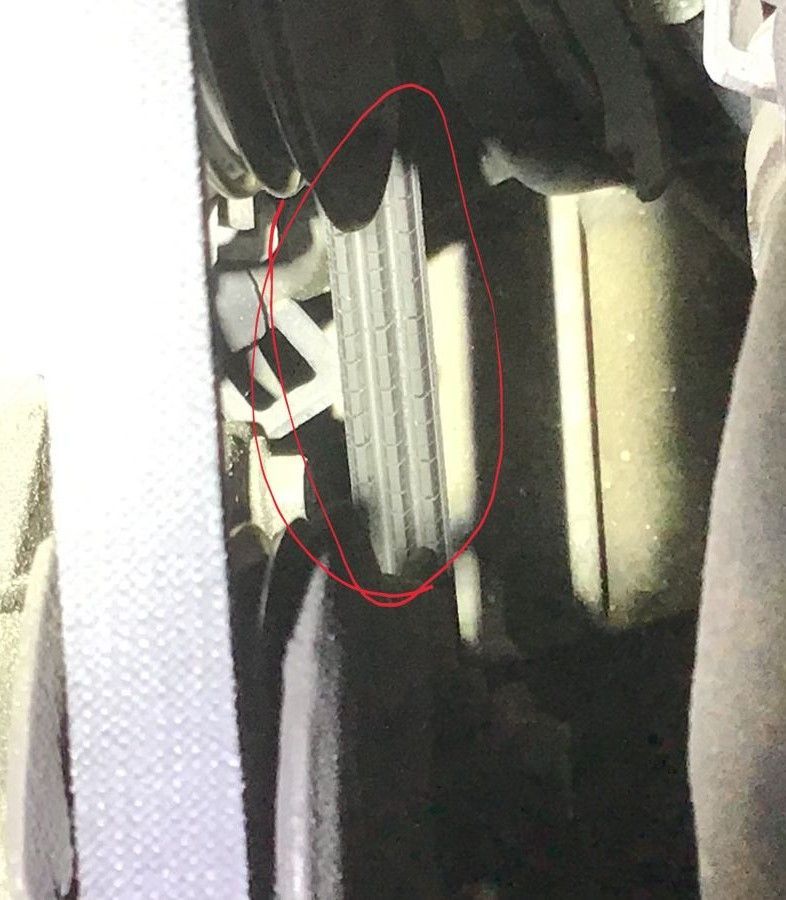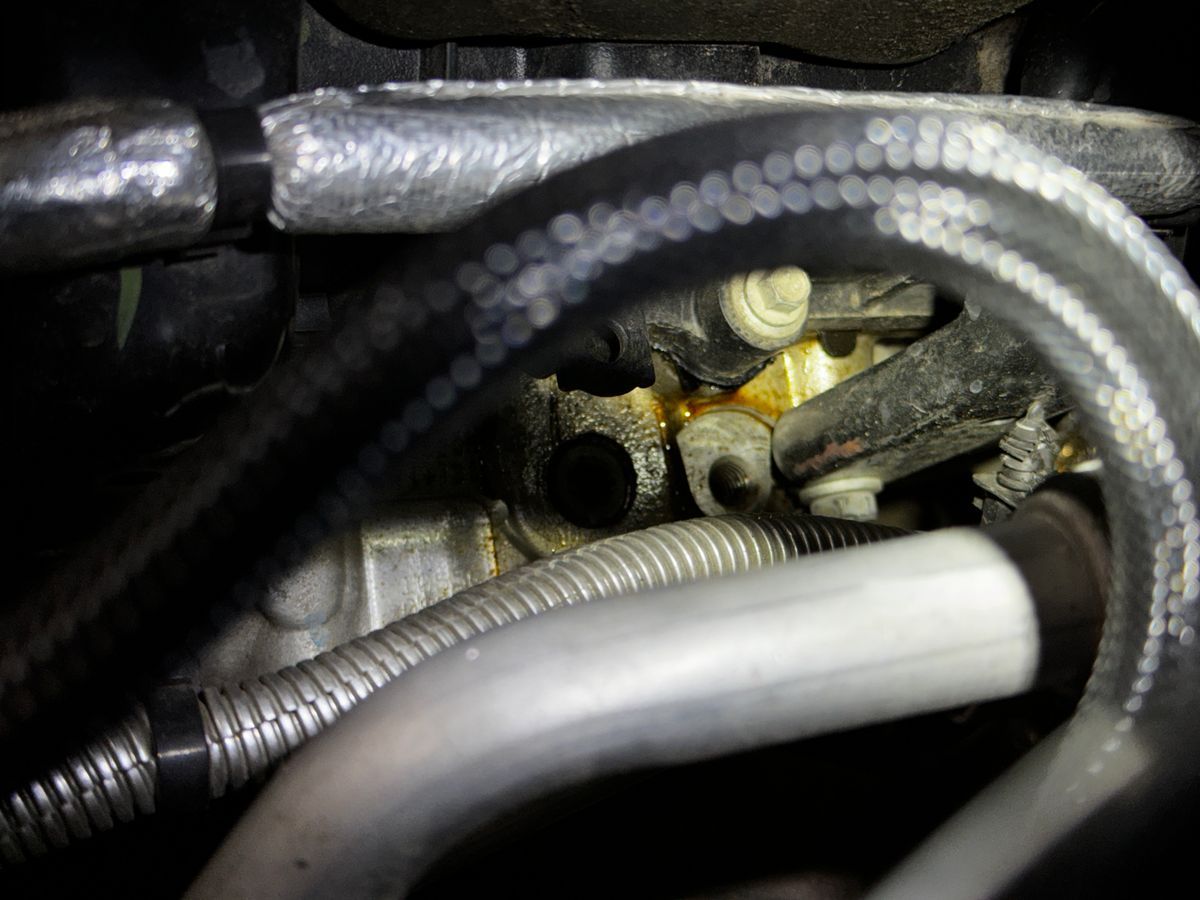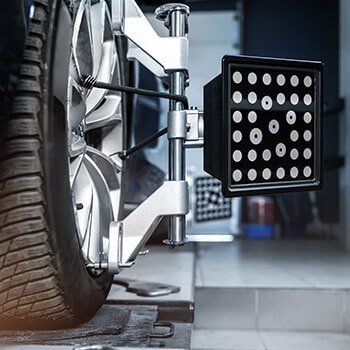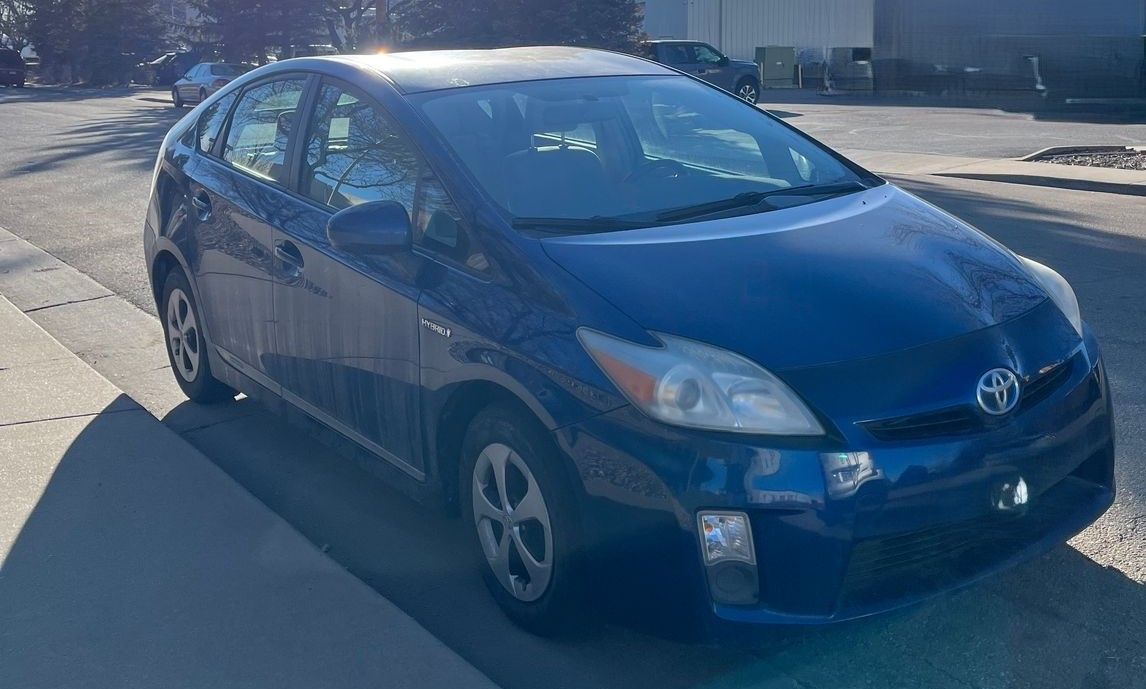Why Does My Brake Pedal Feel Squishy?
Understanding the Mystery of a Squishy Brake Pedal: A Guide for Car Owners
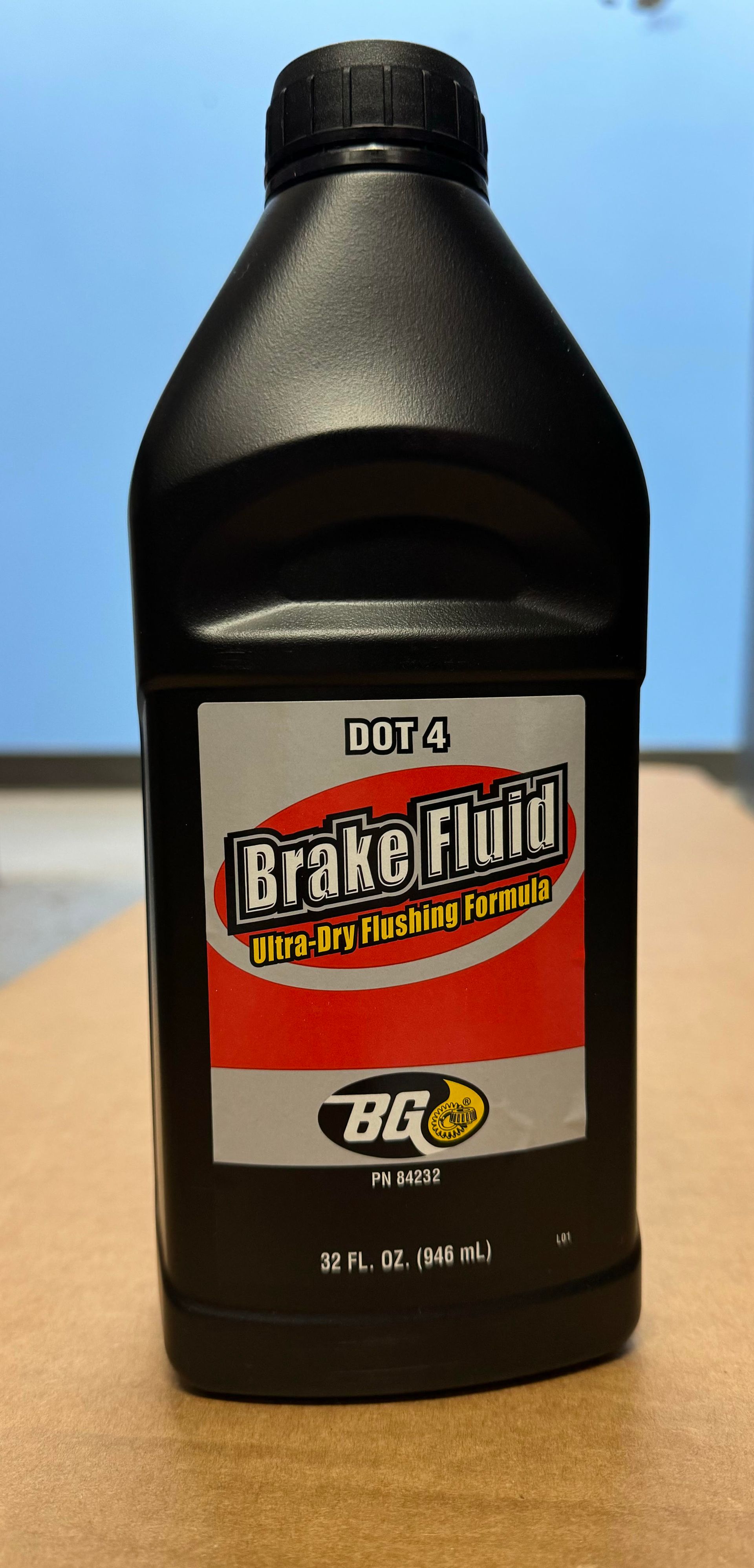
Have you ever experienced the unsettling sensation of pressing down on your brake pedal only to find it feels squishy, soft, or even spongy? This phenomenon can be alarming and, more importantly, dangerous if not addressed. In this post, we'll dive into the reasons behind a soft brake pedal and explore the role that brake fluid plays in your vehicle's braking system.
What Causes a Squishy Brake Pedal?
1. Air in the Brake Lines: One of the most common culprits behind a squishy brake pedal is air bubbles trapped in the brake lines. When air is in the system, it compresses under pressure, leading to unsettling squishiness when you apply the brakes.
2. Brake Fluid Contamination: Over time, brake fluid can become contaminated with moisture, dirt, and debris, compromising its effectiveness. Contaminated brake fluid can cause corrosion within the braking system and contribute to a squishy pedal.
3. Brake Fluid Leakage: A leak in the brake system can result in a loss of hydraulic pressure, leading to a soft brake pedal. Inspecting your brake fluid reservoir and brake lines for signs of leakage is crucial in diagnosing this issue.
The Importance of Brake Fluid:
Brake fluid is the lifeblood of your vehicle's braking system, transferring force from the brake pedal to the brake calipers, which clamp down on the rotors to slow or stop your car. High-quality brake fluid, such as BG brake fluid, is essential for maintaining optimal brake performance and safety. It withstands high temperatures, resists moisture absorption, and provides reliable hydraulic power to your brakes.
Tips for Addressing a Squishy Brake Pedal:
1. Check Brake Fluid Level: Start by inspecting the brake fluid reservoir to ensure it's filled to the recommended level. If it's low, top it up with the appropriate brake fluid as specified in your vehicle's owner's manual.
2. Bleed the Brake System: Bleeding the brake system is a process of removing air bubbles to restore hydraulic pressure and eliminate the squishy pedal sensation. This task is best left to professionals or experienced DIYers.
3. Inspect for Leaks: Thoroughly inspect your brake lines, calipers, and master cylinder for any signs of leakage. Addressing leaks is crucial for maintaining the integrity of your braking system.
In conclusion, A squishy brake pedal is not something to ignore or dismiss lightly. It's a symptom of underlying issues that need attention to ensure your safety on the road. By understanding the common causes of a squishy brake pedal and the importance of brake fluid maintenance, you can take proactive steps to address any issues and keep your vehicle's braking system in top condition. Remember, when it comes to your safety and that of others on the road, it's always better to be proactive than reactive.





